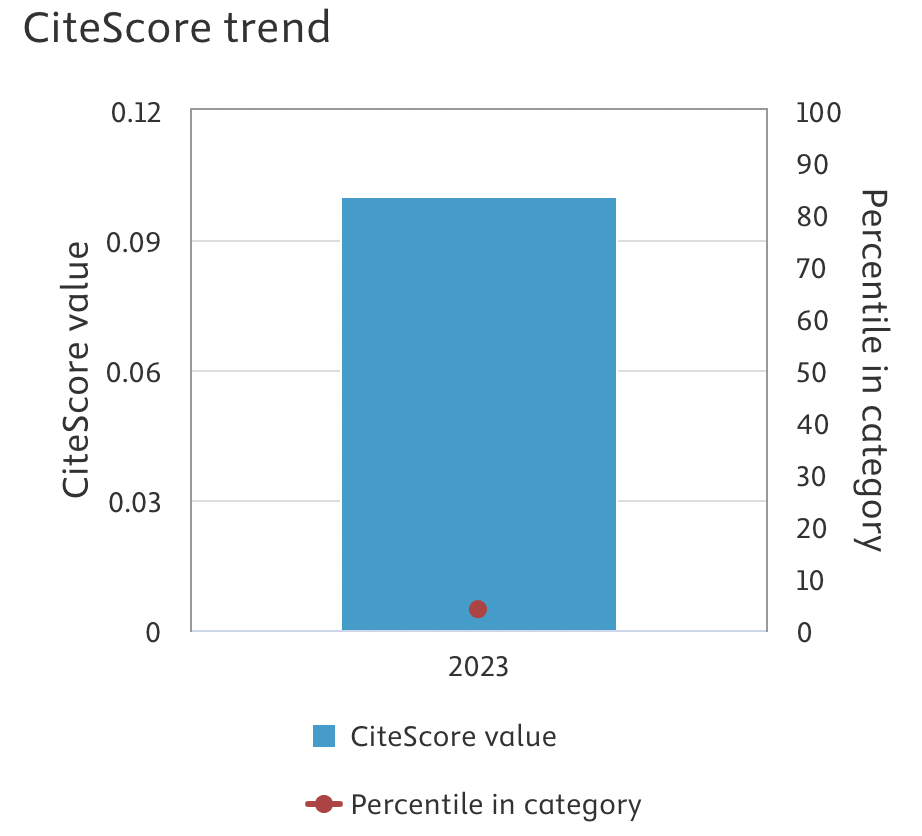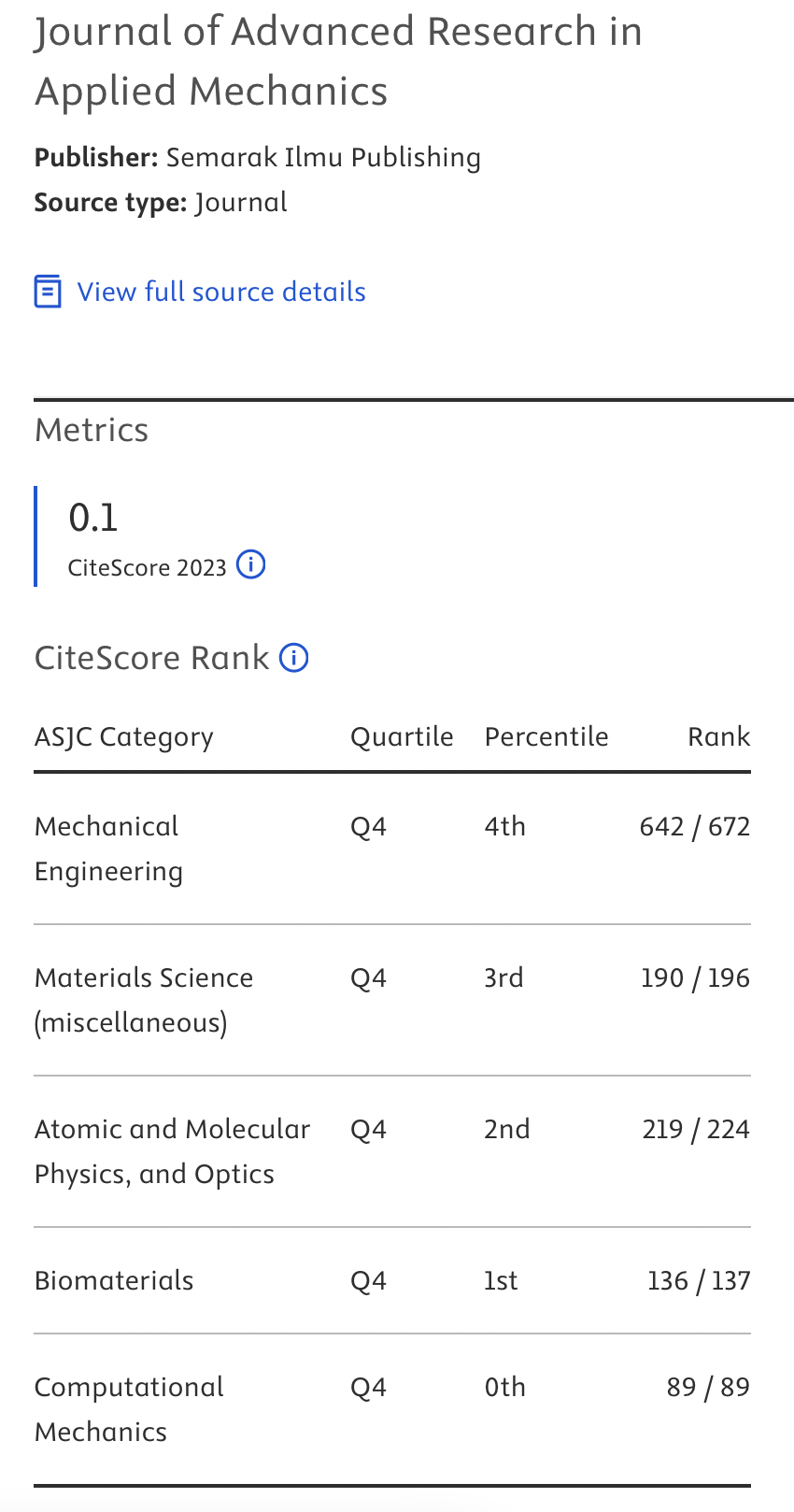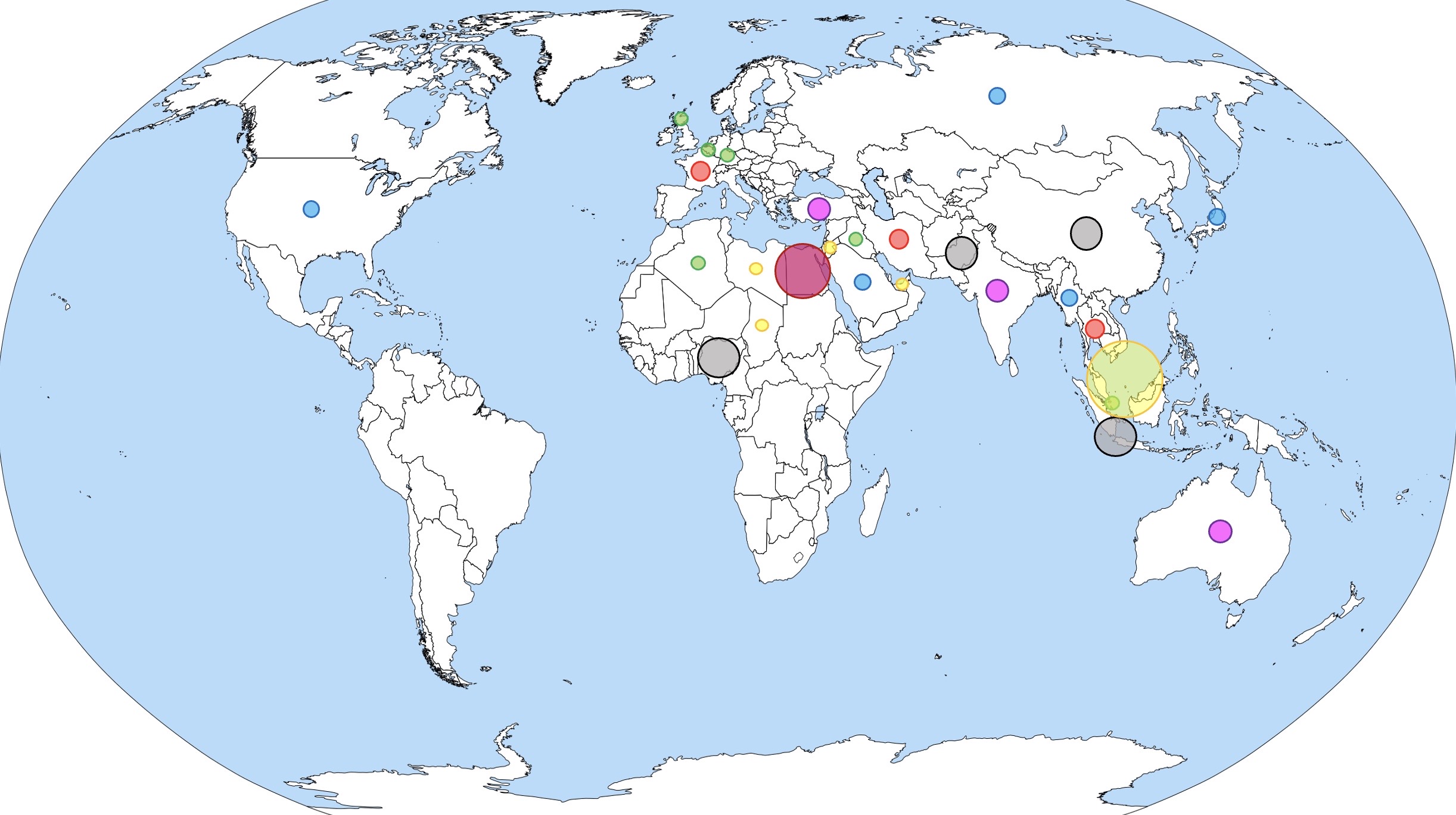Thermal Behaviour of Cool-Pavement Materials Development using Palm Oil Shell Aggregate
DOI:
https://doi.org/10.37934/aram.121.1.187196Keywords:
Cool-pavement, urban heat island, palm oil shell aggregate, asphalt concreteAbstract
Cool-pavement technology has emerged as a potential solution to environmental issues posed by the urban heat island phenomenon, with surface temperature acting as a vital parameter in the evaluation of its thermal performance. This study focuses on the thermal performance results of modified asphalt concrete mix, wherein palm oil shell (POS) serves as a replacement for fine aggregate. Modified asphalt samples prepared using the Marshall Mix Design, with varying degrees of fine aggregate substitution (0%, 10%, 20%, 30%, 40%, and 50%), underwent a 24-hour continuous surface temperature measurement over a span of 20 days, under real-world tropical climate conditions. The findings demonstrated that sample P5, comprising 50% fine aggregate substitution, exhibited the highest reduction in surface temperature when compared to control sample P0, registering a significant decrease of up to 3.29°C during the period of peak solar intensity. ANOVA test-based statistical analyses confirmed significantly lower temperatures for all test samples, barring sample P1 (10% aggregate replacement), relative to the control sample. The results highlight the efficacy of POS as a fine aggregate substitute in asphalt concrete, significantly lowering asphalt pavement surface temperature, thereby endorsing the potential use of POS-modified asphalt in cool-pavement applications.
Downloads



























